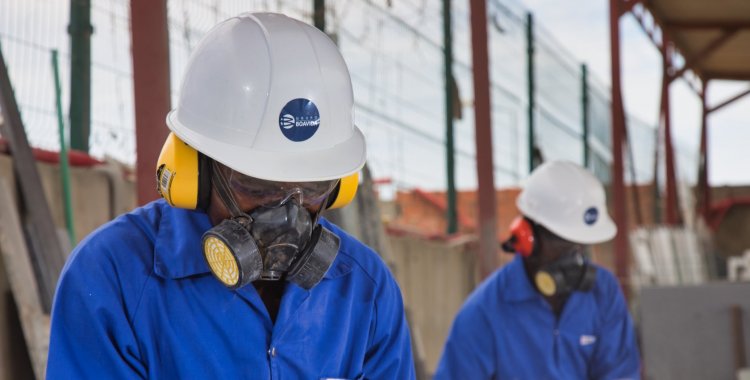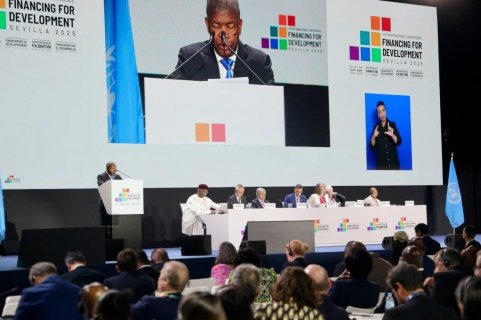In an interview with Lusa, the president and founder of the group, the polish Tomasz Dowbor said he was faced with economic circumstances "that are constantly changing" and that force him to "find business solutions" that fit this context.
"Our possible reduction of staff follows the macroeconomic context which has not been favourable to the business environment," he said, explaining that the group has taken a number of decisions involving job cuts, but which will "mainly serve to find better efficiency in certain businesses.
The devaluation of the kwanza "has affected the economy in a generalized way", he commented: "it has reduced the purchasing power, the consumption capacity, if the currency has been devalued five times the people have also become five times poorer".
The group currently employs around 4,000 people, but difficulties in some areas will force it to reduce the number of workers that Tomasz Dowbor estimates to be between 500 and 800 throughout the year, "a necessary adjustment that accompanies the lack of structural change in the country" and an unattractive business environment for making investments.
The most critical area is construction, which is "slowing down" and "has been deeply affected" by the dramatic fall in demand from both the public and private sectors.
Tomasz Dowbor estimates that demand in both housing and commercial areas has fallen by 90 percent, slowing the pace of construction and sales.
"It is a sector very dependent on the economic conditions of the country. We buy houses when we have good prospects for a better life, good wages. When we are in crisis, we don't think about investing. That's why we have to keep up with economic circumstances and slow down too", he noted, underlining that these "are the measures needed to continue walking in a healthy way".
Established in the country more than twenty years ago, the founder of the group, who built several condominiums in the area of Luanda and owns 18 companies, will close two industries linked to construction (factories of doors and windows and styrofoam).
Currently, the Boavida Group operates in the areas of real estate, agro-industry, mining, education, health, entertainment, tourism, communication and the strategy is to diversify business, with a strong investment in agriculture to overcome the difficulties of construction.
"It is a sector of continuous demand", highlighted the entrepreneur, underlining that "people will be focused on food produced internally, and not imported" because it is more competitive in terms of price.
Therefore, the objective is to "concentrate efforts" on the agricultural sector.
Besides livestock, the group also has farms (fruit and vegetables) in Caxito, Bengo province.
It is now preparing a project to produce cassava flour "on a relevant scale", which will be developed in Malanje, using a credit line, and should start production later this year.
"We have planned 800 hectares of cassava cultivation to manufacture flour," a 'commodity' used in the pharmaceutical industry and alcohol production, in an investment of about 25 million dollars.
Education and training are other areas of interest for Tomasz Dowbor.
The group created a Leadership Institute, focused on short-term training "with concrete tools for unemployed young people" and a primary and secondary school with "different pedagogical proposals".
Pessimistic about 2020, which he sees as "a year of suffering and sacrifice for society in general and for business people in particular," the president of the Boavida Group believes Angola has two more difficult years ahead of it.
And he argues that the government will have to take "more drastic" economic measures that bring "more profound changes: however good and courageous this direction may be, it does not bring the immediate benefits that are expected".
For the entrepreneur, it is necessary that the measures can bring concrete benefits to the most vulnerable population, not least because the Government will face increasing social pressure.
When the group, despite the difficulties, admits that the crisis has also eliminated much of the competition and can help consolidate its entrepreneurial position.
"I am confident that we will be able to build a bridge over this hole," he said.







